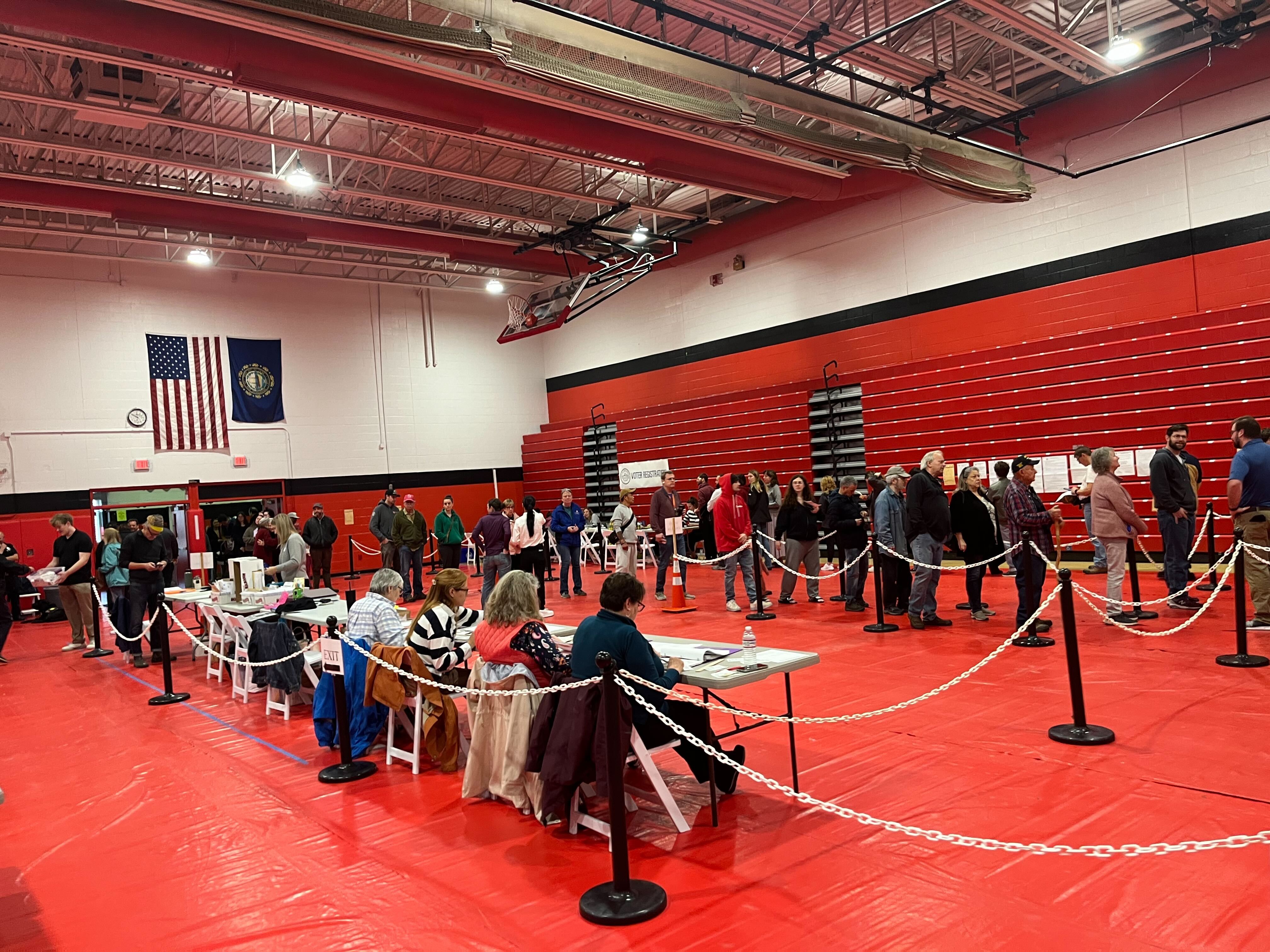With early voting well underway in Vermont, one of the ballot questions voters are deciding on is whether the Vermont Constitution should be amended to reflect the issue of personal reproductive liberty.
The question has brought both ardent support and vigorous opposition into public debate.
Article 22 would declare it is central to human liberty and dignity for someone to be able to make their own choices and determine the course of their own lives.
Advocates in favor of the amendment have said those decisions would be made in consultation with one’s health care providers around topics like using birth control, deciding when to get pregnant, or whether to end a pregnancy.
Opponents, though, believe the amendment goes too far.
If voters cement these values in the Vermont Constitution, it basically would block future lawmakers from placing state restrictions on abortion access, advocates have said.
“The vast majority of Vermonters, and Americans, do support reproductive rights," said Lucy Leriche with the Vermont for Reproductive Liberty Ballot Committee.
Local
Leriche insisted politicians should not be interfering in people’s personal reproductive choices.
“It’s just a really important decision for someone to be able to determine their own life, and have self-determination for themselves,” Leriche said. “In that way, it’s a human rights issue. It’s also a health care issue.”
Anne Donahue, a longtime Republican state representative from Northfield who is a member of the group Vermonters for Good Government is a no vote on the question.
Donahue told NECN & NBC10 Boston Friday she believes the Vermont Legislature shouldn’t have its hands tied.
“We are turning over every public policy decision that Vermonters may want to make to the courts,” Donahue argued, emphasizing her view that public policy should be set by elected leaders. “We are a representative democracy, and if we take decisions away from our representatives, we’re taking decisions away from ourselves as Vermonters about things that are important to us.”
Donahue said under Vermont law, the state has already guaranteed continued access to abortion. She suggested the ballot question, therefore, isn’t needed.
“That’s a right people have under state law now, so they’re not at threat of losing that right,” Donahue said of abortion.
However, Leriche pointed out political winds can shift, pointing to Donald Trump as someone many thought could never be elected president. Should change come to Vermont politics, Article 22 would keep politicians’ views out of conversations in doctors’ offices around reproductive decisions, Leriche said.
Kelsey Crelin, who lives in Vermont’s Northeast Kingdom, has been open about the abortion she had 12 years ago. She told NECN & NBC10 Boston tests showed the fetus had a rare condition called Dandy-Walker, which meant the brain wasn’t forming properly.
“If it had been born alive, it wouldn’t have had any quality of life,” Crelin said. “We would’ve spent, essentially, most of that baby’s life in medical facilities.”
Crelin said when she was discussing abortion and other options with her health care provider, she was glad politics or others’ opposition to abortion did not influence what was talked about in the treatment room.
“I’m so grateful I don’t live in a place where I was forced to carry that to term,” Crelin said.
While the debate over Vermont’s Reproductive Liberty Amendment question will continue until Election Day, Vermonters are already voting — by mail and at their city or town clerks’ offices.
Secretary of State Jim Condos, D-Vermont, recommended in a tweet Friday that Vermonters voting by mail should drop their ballot envelope in a mailbox by Halloween, to ensure it makes it on time for Election Day.
For information on registering to vote in Vermont, visit the Secretary of State’s website. The site also contains a list of frequently asked questions.



